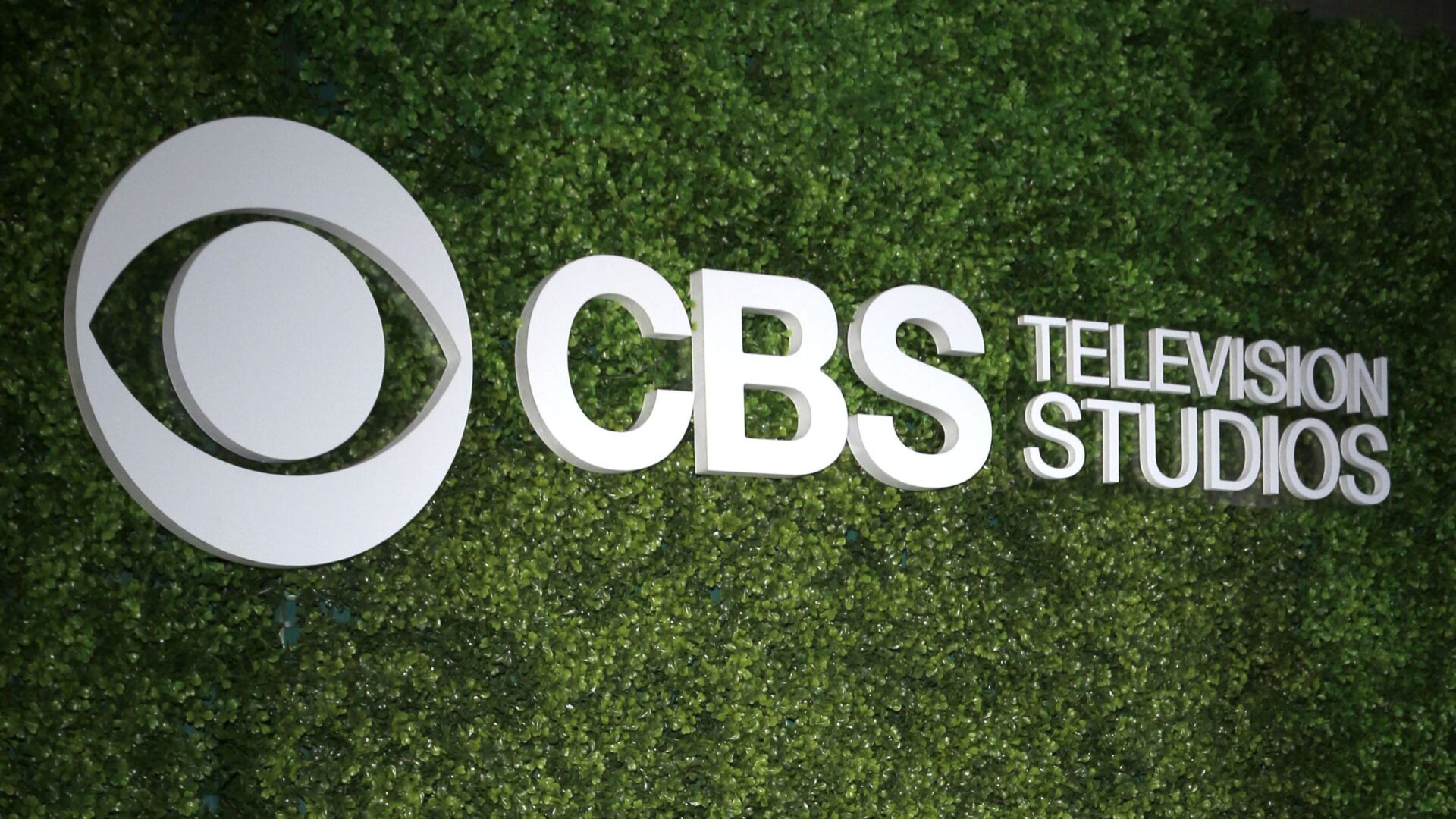Key Takeaways
- Producers at CBS News face mixed orders after a Bari Weiss memo asked for detailed staff feedback.
- The union told employees not to respond, creating confusion over which instructions to follow.
- Non-union producers may feel extra pressure to comply, risking a split in the newsroom.
What the Bari Weiss memo is asking
In a recent memo, editor in chief Bari Weiss asked every CBS News staffer to explain how they spend their time. She also wanted honest thoughts about the news division. Then she asked how she could align with the team on a shared vision. This detailed request covered daily routines, personal opinions, and big ideas for the network’s future. Some producers had to outline tasks minute by minute. Others needed to share hopes for editorial direction. The memo aimed to build a closer bond between Weiss and her staff.
However, union counsel stepped in last week. They told employees not to answer any part of the request. The union viewed the memo as a potential contract violation. As a result, staffers felt stuck between two competing demands. They did not know which message to obey. In the end, they did neither.
Why the Bari Weiss memo causes confusion
First, the memo itself was clear and thorough. It laid out exactly what Weiss wanted and why. Yet, it clashed directly with the union’s advice. Workers could not decide which instruction mattered more. Meanwhile, Weiss sent follow-up messages reminding staff to “file notes” on their work. Some staffers said they felt pressured to comply despite the union’s warning.
Moreover, some producers at CBS News are not covered by a union contract. Those non-union members may worry about their job security. They might feel they have to follow the new boss’s orders. Meanwhile, union producers stand firmly behind their counsel’s guidance. This divide threatens to fracture the newsroom culture. It pits contract rules against new management goals.
How the newsroom has reacted
On Monday, producers huddled in small groups to compare notes. They shared confusion and frustration over the mixed orders. One team paused a live segment to discuss whether to send their responses. They feared stepping out of line with either side. Others simply ignored the memo and continued their regular duties.
Staffers described a day of stalled projects and endless questions. They spent more time worrying than reporting real news. Editors found themselves policing both union rules and new directives. As a result, productivity dipped and morale suffered. Some veteran producers said they have never seen such turmoil at a major network.
Possible split in the CBS News staff
Insiders warn of a growing schism in the newsroom. Unionized and non-unionized producers now follow two different playbooks. That rift undermines teamwork and trust across the entire operation. Additionally, some managers may feel torn between protecting union rights and pleasing the editor in chief.
The memo from Bari Weiss places her at the center of the conflict. On one hand, she seeks fresh ideas and open communication. On the other hand, her request clashes with long-established labor rules. If the standoff continues, CBS News risks seeing key staff walk off or lose faith in leadership.
What happens next at CBS News
To resolve this crisis, CBS News leadership must act quickly. The network needs clear, unified guidance for all employees. Ideally, the union and Weiss will negotiate a path forward. They could agree on which parts of the memo staff can answer without risking their contracts.
If they do, producers can resume regular workflows. They would then share useful insights with Weiss. Consequently, the newsroom could benefit from both union protection and fresh editorial input. However, if neither side budges, confusion may deepen. Continued mixed messages might lead to missed deadlines and on-air mistakes.
Conclusion
The Bari Weiss memo episode shows how vital clear communication really is. In big organizations, new orders must respect existing contracts. Otherwise, even well-meaning initiatives can backfire. For CBS News, building a shared vision depends on trust between staff and leadership. Until the union and Weiss find common ground, the newsroom is likely to remain in turmoil.
Frequently Asked Questions
What did Bari Weiss ask producers to share?
She asked CBS News staff to explain their daily activities, thoughts about the network, and suggestions for a shared editorial vision.
Why did the union advise staff not to reply?
Union counsel believed the memo could conflict with existing labor contracts and potentially violate employees’ rights.
Could non-union producers feel pressured to comply?
Yes, non-union staff might worry about job security and feel compelled to follow Weiss’s directives over union advice.
How can this conflict be resolved?
A meeting between CBS News leadership, Bari Weiss, and union representatives could clarify which memo requests staff can safely address.
